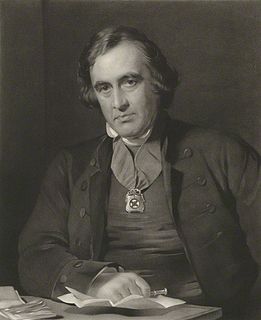A Quote by E. L. Doctorow
I have committed many sins in my life. This precise sin-the sin against poets-is without absolution.
Related Quotes
All errors are just ordinary, what extraordinary sin can you commit? All the sins have been committed already. You cannot find a new sin - it is very difficult, it is almost impossible to be original about sin. For millions of years people have committed everything that can be committed. To be thrown in hell for your sins. Now this is too much! you can throw a man into hell for five years, ten years, twenty years, fifty years. If a man has lived for seventy years you can throw him there for seventy years.and that is if you only believe in one life. It is good that they believe in one life.
God has decided the rules of life, whereby you don't trespass on anybody else's rights, and sin is something that upsets the balance of things. There are three types of sin: sin against yourself; sin against other people; and sin against God. People often sin against themselves and others and misbehave with God, too.
The magnitude of the punishment matches the magnitude of the sin. Now a sin that is against God is infinite; the higher the person against whom it is committed, the graver the sin-it is more criminal to strike a head of state than a private citizen-and God is of infinite greatness. Therefore an infinite punishment is deserved for a sin committed against Him.
Little sins carry with them but little temptations to sin, and then a man shews most viciousness and unkindness, when he sins on a little temptation. It is devilish to sin without a temptation; it is little less than devilish to sin on a little occasion. The less the temptation is to sin, the greater is that sin.
Every one of our sinful actions has a suicidal power on the faculties that put that action forth. When you sin with the mind, that sin shrivels the rationality. When you sin with the heart or the emotions, that sin shrivels the emotions. When you sin with the will, that sin destroys and dissolves your willpower and your self-control. Sin is the suicidal action of the self against itself. Sin destroys freedom because sin is an enslaving power.
Pilate sentenced him due to fear, in accordance with the petition and intention of others. These people sentence him for their own advantage and without any fear, by dishonoring him through sin that they could abstain from, if they wanted. But they neither abstain from sin nor are they ashamed of their already committed sins, for they do not take into consideration their unworthiness of the kindness of the one whom they do not serve.
I hope that George doesn't internalize her scare tactics. I want to argue with her, tell her that "sins of the flesh" is just a control mechanism -- if you demonize a person's pleasure, then you can control his or her life. I can't say how many times this tool has been wielded against me, in a variety of forms. But I see no sin in a kiss. I only see sin in the condemnation.





































